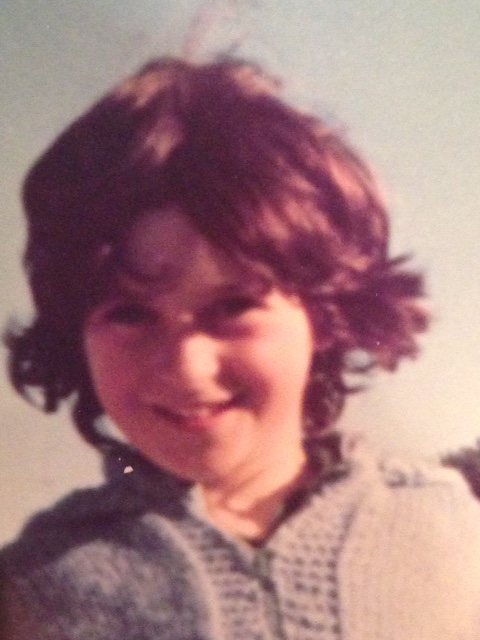If you are writing a non-fiction book and
you have sold the idea, I’d strongly recommend meeting up in person with your
editor and designer. If you can’t – and many of us will be too far away to get
to London - I’d try to organize a Facetime
session.
I went up to London this week (where
inevitably the publishers are based). It cost me a wheelbarrow full of gold but
it’s worth every penny to do it if possible (I try to make the trip more
cost-effective by planning in an exhibition to see on the same day, if I can –
In this case the highly recommended Living
on Mars at the Design Museum).
 |
| The current cost of a train ticket from Bath to London |
I am about to write a non-fiction book in a
pressurized timeframe. I wanted to be sure that the team I’m working with are
all on the same wavelength as me.
We discussed the content of the book–
already planned but not yet in visual form. I went with specific questions for
the designer. How did he think we should approach introductory sections? What
kind of features should I build in to the text? In this case we agreed we’d add
some cutaway illustrations, which means me providing labels. We agreed on some
big images and some much smaller ones, to make for a lively magazine-style
layout. I’ll need to be keeping this in mind when I write.
I won’t want to be giving the designer far
too much text. That’d be difficult to work with, but equally too little text
won’t be ideal either. We’ll need to get it ‘just right’, which means working
together on a section ASAP to fix some word counts and features such as chapter
headings and sub-headings.
We looked at some artist choices, and our
discussions about the way the book would look led us to a choice we all loved –
Someone who can do people, landscapes and machines equally, and who won’t be
phased by a highly-planned spread. It’s also someone who doesn’t look too
retro, because our book subject is very current. Fingers crossed our choice
says yes but we have some back-ups, too, thanks to our meeting.
We also chatted about general non-fiction
sales feedback the editorial team had been given. That was very interesting and
helpful, and not something I would have heard about otherwise.
Finally – and most importantly - we went
over the reasons why we are doing the book. They are deeply felt and shared by
everyone round the table. We believe in the concept of the book.
I came home feeling that we were a strong
team and I hope they did, too. I felt ready for the challenge and excited that
they were excited.
 |
| Ready, team? Ready! |
Now it’s up to me to write, but I know I
have a strong foundation on which to build.
Moira’s non-fiction book Welcome To Our World (Nosy Crow) has
been chosen in The Sun and the Mirror as a top gift book for 4+. Her book on homes around the world has become a
bestseller in the US this year– Home Sweet
Home (Egmont in the UK. Kane Miller in the USA).
Moira Butterfield
www.moirabutterfield.com
Twitter @moiraworld
Instagram @moirabutterfieldauthor











